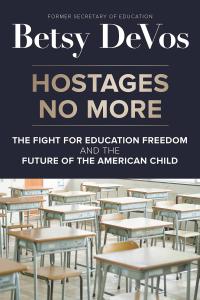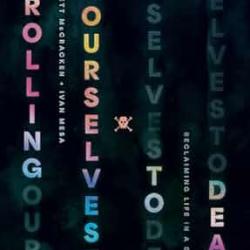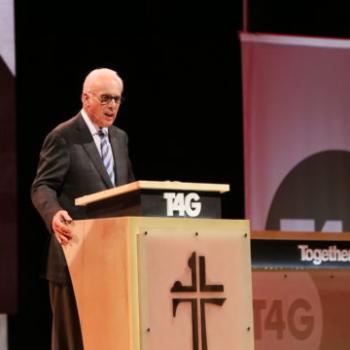
Betsy DeVos’ new memoir Hostages No More: The Fight for Education Freedom and the Future of the American Child is really two books. By far the shortest part of the book tells the story of DeVos’ life and how she came to be Secretary of Education, what she did as Secretary of Education, and why she quit the job on January 7, 2021. This was all interesting, and while reading I thought that I would liked to have read a bit more about her mixed in with the policy discussion. On reflection, I realized that the life of an affluent socialite probably wasn’t all that interesting and that we probably have the best bits already. The more I think about it, the more I think that she was right to present the materials this way.
And for what it’s worth, I was wrong about Betsy DeVos. I had assumed that when she was named Secretary of Education, she was just another billionaire place-holder in high office. That’s not automatically a bad thing at the Cabinet level in the Executive Branch–most of the real work of government is done by career employees and the person at the top doesn’t actually affect all that much (as every President for the last seventy years has discovered). In fact, she actually did have quite a bit of political experience. Granted it was largely state-level experience, but it was real experience nonetheless. So I should not have just dismissed here. She knew far more about what she was doing than most freshmen legislators.
The second and bigger part of the book is what DeVos calls “education freedom.” The more popular term is “school choice,” but
“the term school choice doesn’t even capture this movement completely. It makes it sound like we’re simply talking about schools–buildings, infrastructure. The movement is really something much bigger than that. [By contrast] I use the term education freedom… Education freedom starts from the premise that every student is unique and every student learns differently. This is something every parent knows. Yet we have a school system that essentially treats children as if they were all the same.
At the core, my vision for American education is to ensure that all children have the freedom to learn in their own way. It’s to give parents freedom to find the best option and fit for their children.” (197)
The idea here is that we should have a lot of options for education instead of just one (or two or three, if we count private schools and homeschooling).
And look, I’m not opposed to diversity in education. Heck, I don’t actually know a good reason to be opposed to diversity in education. “No, let’s not teach our kids in new and different ways” isn’t really a popular rallying cry. Certainly there are logistical issues (what does “education freedom” mean in a town with 500 people–there’s really only the one school, and not time or resources to build more), but these can be overcome. So as far as it goes, I don’t object to DeVos’s vision.
I do, however, object to the potential results of it. One part of her proposal involves shifting around money from current public schools to, well, whatever other educational venues are developed. Which makes sense. Our tax dollars go to public education (something which I as a Christian join Christians historically in supporting–look up what John Knox did in constructing Scotland’s public education system sometime), and it stands to reason that there should be some flexibility in how those tax dollars are spent.
Here’s the catch (and this is a problem with vouchers as well): wherever the money goes, rules and regulations are going to follow. So you sent your kid to a Christian school to get away from the “worldly” public school influence? Well guess what’s following the $ to your Christian school. So you decided to homeschool so that you can teach whatever you want about six day creation and avoid evolutionary theory. If you take those tax dollars, accreditation requirements and being up to date on contemporary scientific curriculum won’t be far behind.
I don’t want to be too grim here. We have fifty states and thousands of cities, counties, and school districts. This won’t happen everywhere and it won’t happen all at once. I also want to be clear that I am not automatically against “education freedom” or “school choice” or whatever we want to call it. Some of our schools are clearly in trouble and in need of serious reform. But I also want to be sure that we are not fooling ourselves about what something like “education freedom” could mean in the long run.
I hope I’m wrong about this. I hope that Betsy DeVos is right and that education freedom is a way to put our schools back to where they once were in terms of quality, and that it won’t end up being a way for leviathan to leverage power over private schools and homeschoolers in addition to public schools. Time, I suppose, will tell. But rather than just taking my word for any of this you should read Hostages no More and make up your own mind. It’s an important topic, and one that’s worth thinking–and reading–about. And this book is a great place to start.
Dr. Coyle Neal is co-host of the City of Man Podcast an Amazon Associate (which is linked in this blog), and an Associate Professor of Political Science at Southwest Baptist University in Bolivar, MO













